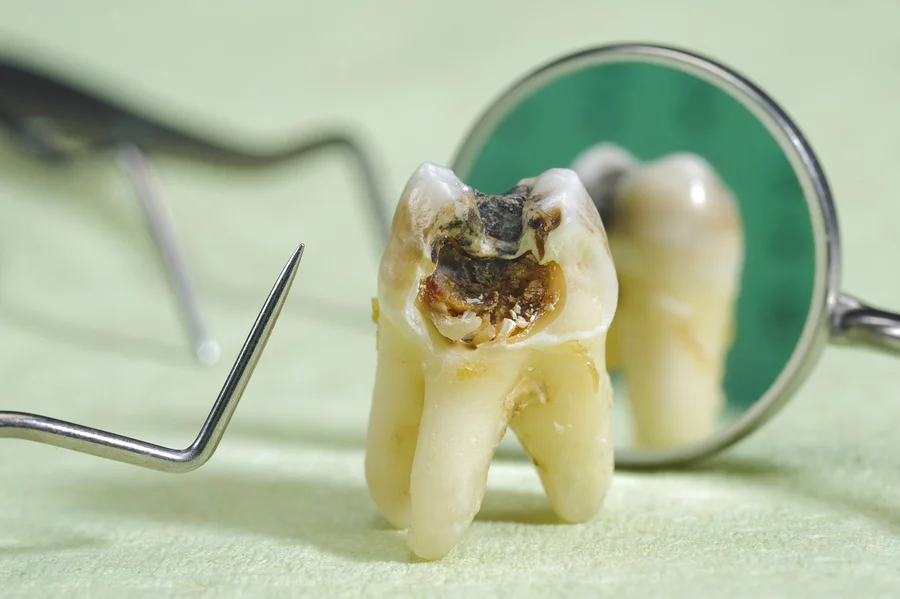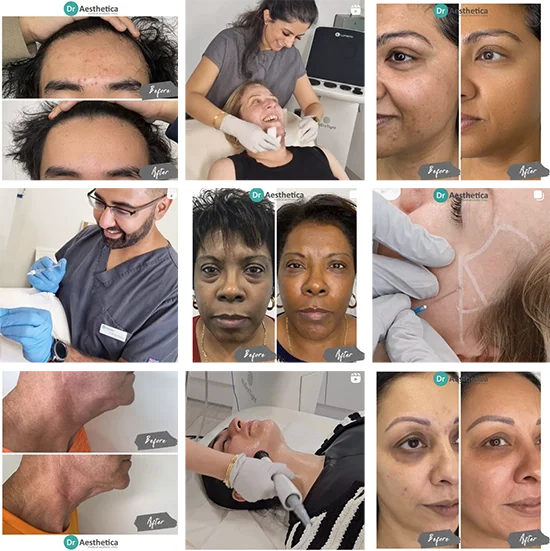Welcome to our comprehensive guide on Botox for jaw clenching, a highly effective treatment for the condition known as bruxism. Bruxism refers to the involuntary grinding, clenching, or gnashing of teeth, typically during sleep. If left untreated, bruxism can lead to various dental and medical complications. In this article, we will delve into the details of Botox treatment for jaw clenching, exploring its benefits, procedure, and potential outcomes.
Understanding Bruxism and its Impact
Bruxism affects a significant number of individuals worldwide, leading to discomfort, pain, and dental issues. The condition is often associated with stress, anxiety, and sleep disorders. Jaw clenching during sleep exerts excessive pressure on the teeth, which can result in tooth wear, fractures, and even temporomandibular joint (TMJ) disorders.
The Role of Botox in Treating Jaw Clenching
Botox, known for its cosmetic applications, has gained recognition as an effective treatment for bruxism. It functions by temporarily paralyzing the muscles responsible for jaw clenching, thereby reducing the excessive forces exerted on the teeth and jaw joint. Botox injections offer a safe, minimally invasive, and non-surgical approach to managing bruxism.
Benefits of Botox Treatment for Jaw Clenching
1. Reduction in Teeth Grinding
By targeting the overactive muscles involved in jaw clenching, Botox injections significantly decrease the intensity and frequency of teeth grinding during sleep. This reduction in grinding helps prevent dental damage and alleviates associated symptoms such as jaw pain and headaches.
2. Relief from Jaw Tension and Discomfort
Individuals experiencing chronic jaw tension and discomfort due to bruxism can find relief through Botox treatment. The injections help relax the jaw muscles, providing a noticeable reduction in the tension and associated discomfort.
3. Prevention of Dental Complications
One of the main advantages of Botox treatment for jaw clenching is its ability to prevent dental complications caused by bruxism. By reducing the grinding forces, it minimizes the risk of tooth fractures, enamel wear, and other related issues, thus preserving dental health.

The Botox Treatment Procedure
1. Consultation and Assessment
Before undergoing Botox treatment for jaw clenching, it is essential to consult with a qualified medical professional. They will assess your condition, evaluate your medical history, and determine whether you are a suitable candidate for the procedure.
2. Targeted Injection Placement
During the treatment session, the medical professional will precisely administer Botox injections into the targeted muscles responsible for jaw clenching. The number and location of injections may vary based on individual needs and the severity of the condition.
3. Quick and Minimally Invasive
Botox injections for bruxism are relatively quick, typically taking around 10 to 15 minutes to complete. The procedure is minimally invasive, usually involving minimal discomfort and requiring no anaesthesia. Most individuals can resume their daily activities immediately after the treatment.
4. Results and Follow-up
The full effects of Botox treatment for jaw clenching usually become apparent within a week to ten days. Regular follow-up appointments with the medical professional will help assess the treatment's effectiveness and make any necessary adjustments.
Potential Side Effects and Considerations:
Botox treatment for jaw clenching is generally safe, but it's important to be aware of potential side effects and considerations. These may include:
- Temporary weakness or drooping of nearby muscles, which typically resolves within a few weeks.
- Mild discomfort or bruising at the injection sites, which subsides quickly.
- Rare allergic reactions or more severe side effects, which should be reported to the healthcare provider immediately. Check more about the safety of Botox here.
This article was read and reviewed by the face of DR Aesthetica himself - DR Baldeep Farmah.
Conclusion
Botox treatment for jaw clenching offers a promising solution for individuals suffering from bruxism. Its ability to reduce teeth grinding, relieve jaw tension, and prevent dental complications make it an excellent choice for many patients. If you are struggling with bruxism and its associated symptoms, consult with a qualified medical professional to determine whether Botox treatment is right for you.
Remember, addressing bruxism goes beyond symptomatic relief. Adopting stress management techniques, maintaining good sleep hygiene, and practicing proper dental care are essential components of a comprehensive approach to managing bruxism and maintaining optimal oral health.
Are you suffering with Bruxism. Do you Want a treatment that:
- That lasts approximately 6 months?
- Only requires 24 hours of downtime
- Is so painless that it requires no anaesthetic
- Displays results by 4 weeks
Then a Botox treatment may be perfect for you! View more information on a Botox treatment here:


